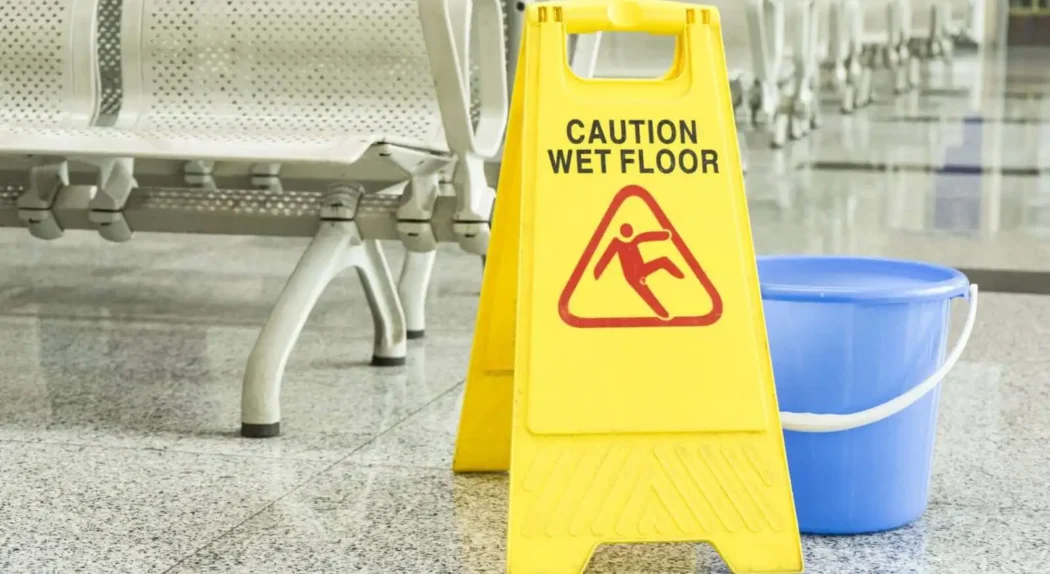Blog
I Was Injured On Private Property, What Can I Do?

Private landowners, homeowners, and commercial property owners have a duty to provide a safe environment to visitors. If the property owner fails in that duty, the law allows an injured victim to sue for compensation for damages. However, premises liability law does not allow you to sue for any injury that occurs on another person’s property. Texas premises liability laws outline clear elements that you must prove to recover compensation for your injuries.
elements of a slip and fall case in texas
If you suffered an injury on private property or commercial property, you must prove certain elements to be successful in a premises liability claim. You may only recover damages from the party if you can prove:
- The party had some degree of control over the property such as the owner, manager, renter, or other party contracted to be responsible for the premises;
- A dangerous or hazardous condition existed on the property caused by defect or negligence; and,
- The party owed you a duty of care not to cause you harm.
While the first two elements seem clear — the party had control of the property and allowed a dangerous condition to persist — the third element is a bit more difficult. The “duty” owed to you depends on the type of visitor you are under the law. The law in Texas classifies visitors as invitees, licensees, or trespassers.
the level of duty owed depends on your classification
The reason you are visiting the property determines the level of care owed to you by the property owner.
An Invitee
The highest duty of care is owed to an invitee. An invitee is someone who enters the property for the mutual benefit of both parties or to benefit the property owner. An example of an invitee is a customer at a retail store, a cable repairman on your property, a person going to church, or a guest at a hotel.
An owner has a duty to inspect the property for hazards, warn of any potential hazards, and take other actions to prevent harm to the invitee. For example, hotels must secure their pool areas, retails stores should use wet floor signs and rugs when it rains, and banks should have rails on any stairs on the property.
A Licensee
A licensee is a visitor that is on the property for the licensee’s benefit only with the permission of the property owner. Examples of licensees include guests at someone’s home or a person taking a shortcut through a parking lot. Property owners do not owe the same high duty of care to licensees that they due to invitees. The duty of care is an intermediate duty that includes providing a warning to visitors of hazards of eliminating hazards that may not be obvious to visitors.
A Trespasser
The lowest duty of care is owed to a trespasser. When a person is on a property without the owner’s permission, the owner only needs to refrain from acts of gross negligence. However, if the trespasser is a child, the duty of care could be higher because children are not able to recognize inherent dangers as adults can.
examples of premises liability accidents
Depending on your classification as a visitor, a property owner may be liable for damages if you are injured because of:
- Slips and falls
- Animal attacks
- Inadequate security
- Inadequate lighting
- Missing or broken handrails on stairs
- Loose or broken flooring
- Malfunctioning elevators and escalators
- Falling merchandise and blocked walkways
If you are injured on another person’s property, you need to consult with an experienced Corpus Christi premises liability lawyer. You might be entitled to recover compensation for damages including lost wages, costs of medical care, physical pain, permanent disability, and emotional stress.
call a texas premises liability lawyer
Contact The Bandas Law Firm, P.C. at (361) 238-2789 to schedule your free consultation with a premises liability lawyer. Our office is in Corpus Christi, but we help individuals throughout the United States.
contact us
Request A Free Consultation
Fields marked with an * are required
